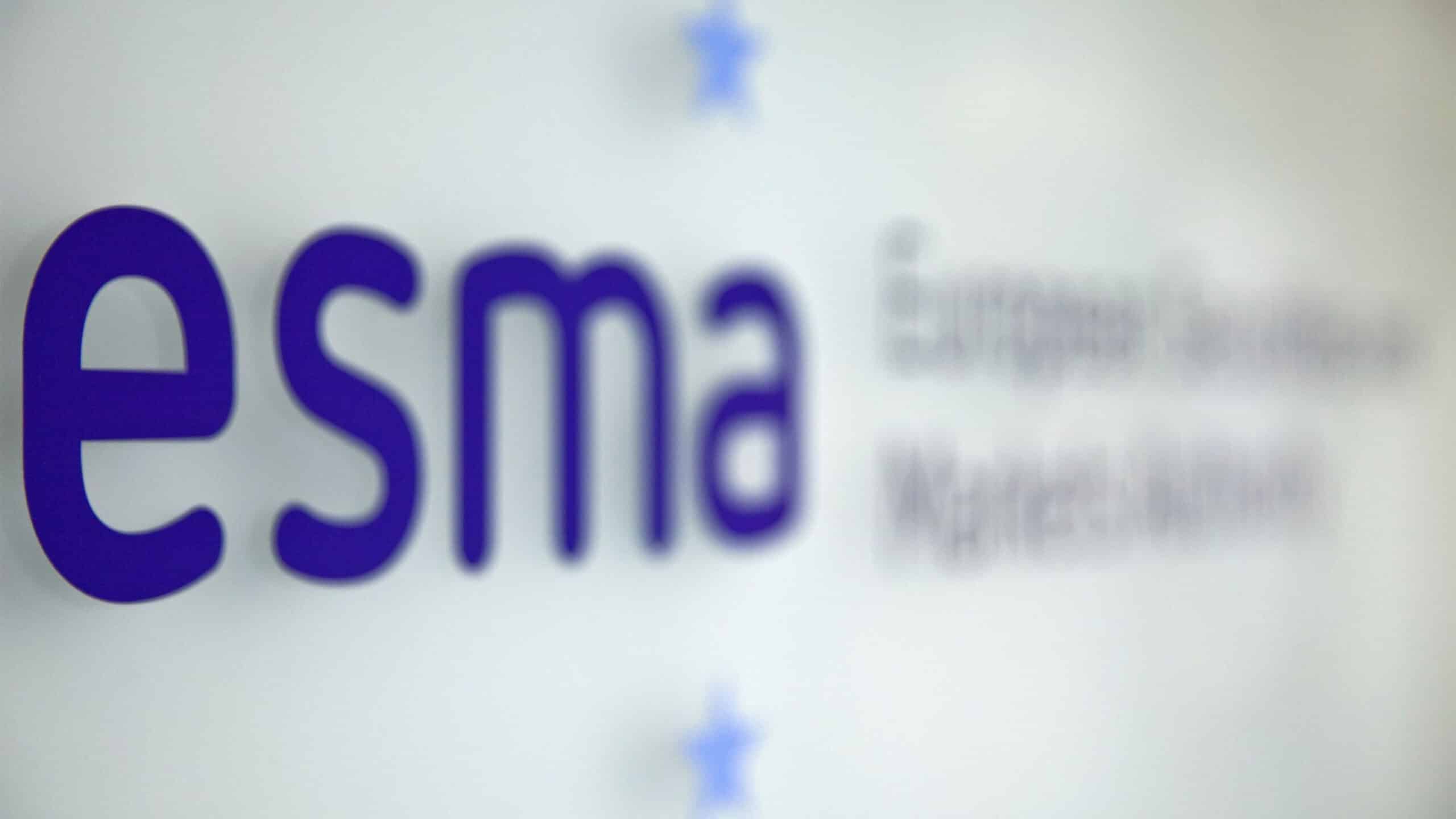The European Union cryptoasset market rules, as stated by the bloc’s securities watchdog on Tuesday, do not currently protect investors. This lack of protection is expected to persist until at least 2024. Furthermore, even after this timeframe, investors should remain prepared for the possibility of losing their entire investment.
EU Seeks to Create All Conditions for Crypto Market Transparency
In a remarkable display of forward-thinking governance, the European Union (EU) has emerged as the trailblazer in global jurisdictions by granting its approval to an all-encompassing framework of regulations governing the captivating realm of crypto assets.
This groundbreaking development in June marks a pivotal milestone in the EU’s unwavering commitment to fostering a secure and transparent environment for the flourishing crypto market. However, it is essential to note that the complete implementation of these regulations is slated to unfold gradually, with the final stage to be realized in December 2024.
The pressing need for regulators to oversee the realm of cryptocurrency has been amplified in the wake of the unfortunate demise of the esteemed crypto exchange, FTX. Coupled with the tumultuous fluctuations witnessed in bitcoin prices, the urgency surrounding regulating this digital landscape has reached unprecedented heights.
Within the realm of EU securities regulations, it is essential to note that cryptoassets currently exist in an unregulated state. The European Securities and Markets Authority (ESMA) has explicitly stated that investors can only avail themselves of protective measures or avenues for redress at the EU level in December 2024, per the newly established regulations known as MiCA. This lack of regulatory oversight and safeguarding mechanisms underscores the unique and evolving nature of the cryptoasset landscape.
In a statement released by the EU watchdog, it was emphasized that despite the introduction of MiCA, it is crucial for retail investors to acknowledge the absence of a concept known as a ‘secure’ crypto asset.
ESMA Draws Attention to Investor Risks
Consider the possibility of relinquishing the financial resources you have meticulously strategized to allocate. In a recent statement, ESMA emphasized the distinctive operational and security risks of cryptoassets. These risks, characterized by their novelty, require careful consideration and management.
It is worth noting that certain EU states have implemented a transitional period of 18 months, during which crypto firms can operate without obtaining an EU license. However, it is essential to be aware that during this period, comprehensive protections may not be fully accessible. Consequently, customers might be covered by these safeguards in July in the year 2026.
According to ESMA, it has been indicated that a considerable proportion of cryptocurrency enterprises are likely to persist in providing their services throughout the transitional period, extending until the middle of 2026.
The European Union has decided to extend a cautious welcome to cryptocurrency firms hailing from non-EU nations to foster international collaboration. However, this embrace comes with a series of stringent conditions and limitations, ensuring that services are tightly regulated and closely monitored.
Under these circumstances, only customers within the EU who explicitly express their desire for such services will be eligible to avail themselves of them. Even then, the scope of these offerings will be strictly confined, leaving no room for ambiguity or excessive involvement.
In its statement, ESMA emphasized that although additional guidance will be provided regarding this exemption, it is crucial to perceive it as a minimal provision. Therefore, it must be acknowledged as an outlier rather than a norm, and it should not be presumed or manipulated in any way to evade the regulations set forth by MiCA.
In its statement, the watchdog expressed its commitment to collaborating closely with national regulators to foster harmonization in implementing MiCA regulations. The objective is to expedite this process, ensuring businesses comprehend the European Union’s unwavering stance against engaging in “forum shopping” or illicit practices.



































































































































































